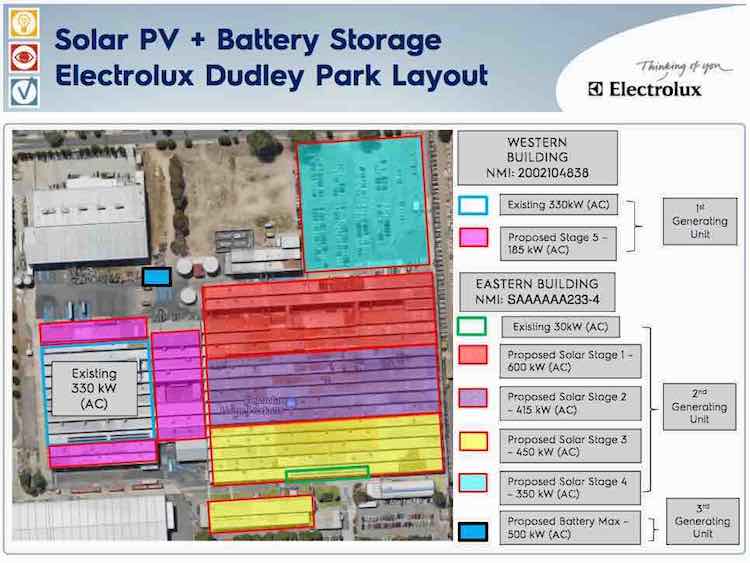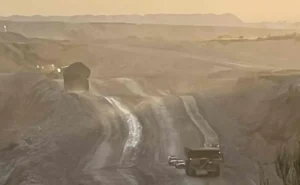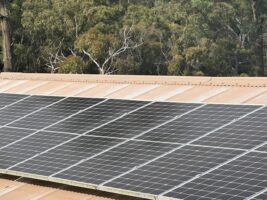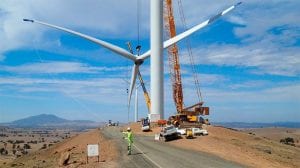 Global appliance manufacturer, Electrolux, is seeking to power its only remaining Australian manufacturing facility – the Home Products plant in Adelaide – with a combination of solar PV and battery storage.
Global appliance manufacturer, Electrolux, is seeking to power its only remaining Australian manufacturing facility – the Home Products plant in Adelaide – with a combination of solar PV and battery storage.
South Australia’s Essential Services Commission, ECOSA, said this week that the Swedish multinational had applied for an electricity generation licence to operate a 2.86MW solar and storage plant at its factory site in Dudley Park, north-west of the Adelaide CBD.
According to the application, the project would be completed in two stages, the first being the installation of a 330kW solar PV system, and the second the addition of another 2.2MW of solar, and a 500kW battery.
Electrolux says in the document that around 65 per cent of the solar generation would be used for site consumption, with the remaining 35 per cent used to either charge the battery, or exported to the grid.
The battery, it said, would be “mainly used for peak shaving” and reducing the factory’s demand for grid electricity.
The move to solar self generation comes as Electrolux works to meet its dual company target of 50 per cent renewables, and a 50 per cent reduction in carbon dioxide emissions, both by 2020.
By January 2016, the company said that 13 of its manufacturing sites in Europe would use only electricity from renewable sources – including hydro, wind , solar, and bio-mass.
In Australia, the Dudley Park Home Products plant is the only remaining Electrolux manufacturing facility, after the company shut down its NSW refrigerator plant in 2016, and moved operations to Thailand.
Nine years earlier, the company shut down its dishwasher plant at Recency Park in Adelaide, as part of a “scaling back” of its Australian manufacturing presence.
The Dudley Park facility – which employs more than 400 people and manufactures 136 products under the Chef, Westinghouse and Electrolux brands – has been kept alive, in part thanks to a 2013 state government contract to supply ovens and stoves to Housing SA properties over four years.
That contract is now up, and the company is looking for a way to cut its power costs and meet its sustainability commitments.
For its part, ECOSA said it was considering the application for Stage 1 of the project, and that if that was successful – and after SA Power Networks has completed its connection assessment of the additional solar system and battery – Electrolux would seek a licence variation to add Stage 2.
This article was originally published on RenewEconomy’s sister site, One Step Off The Grid, which focuses on customer experience with distributed generation. To sign up to One Step’s free weekly newsletter, please click here.







